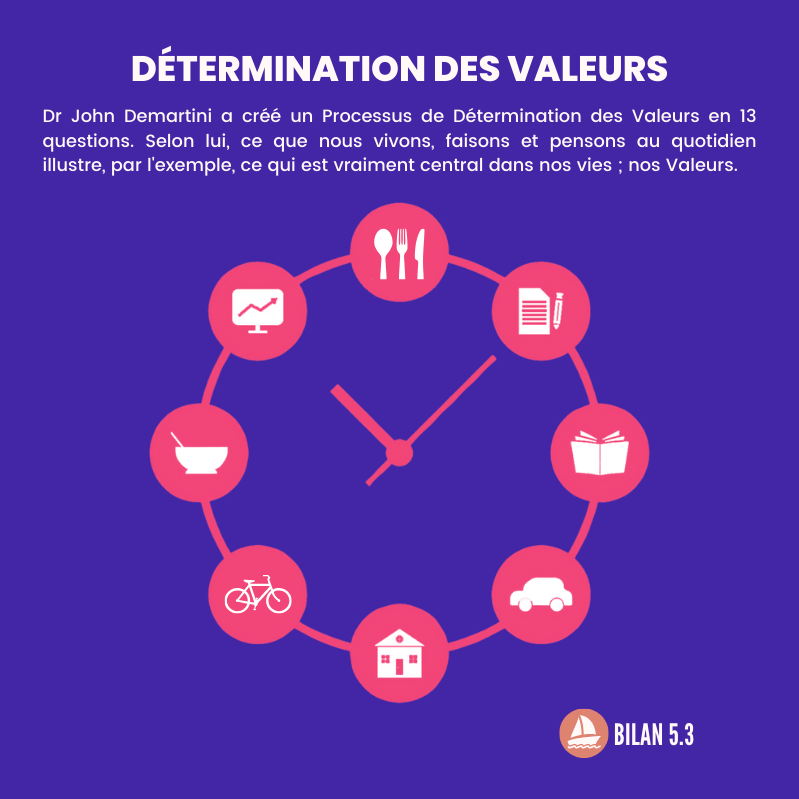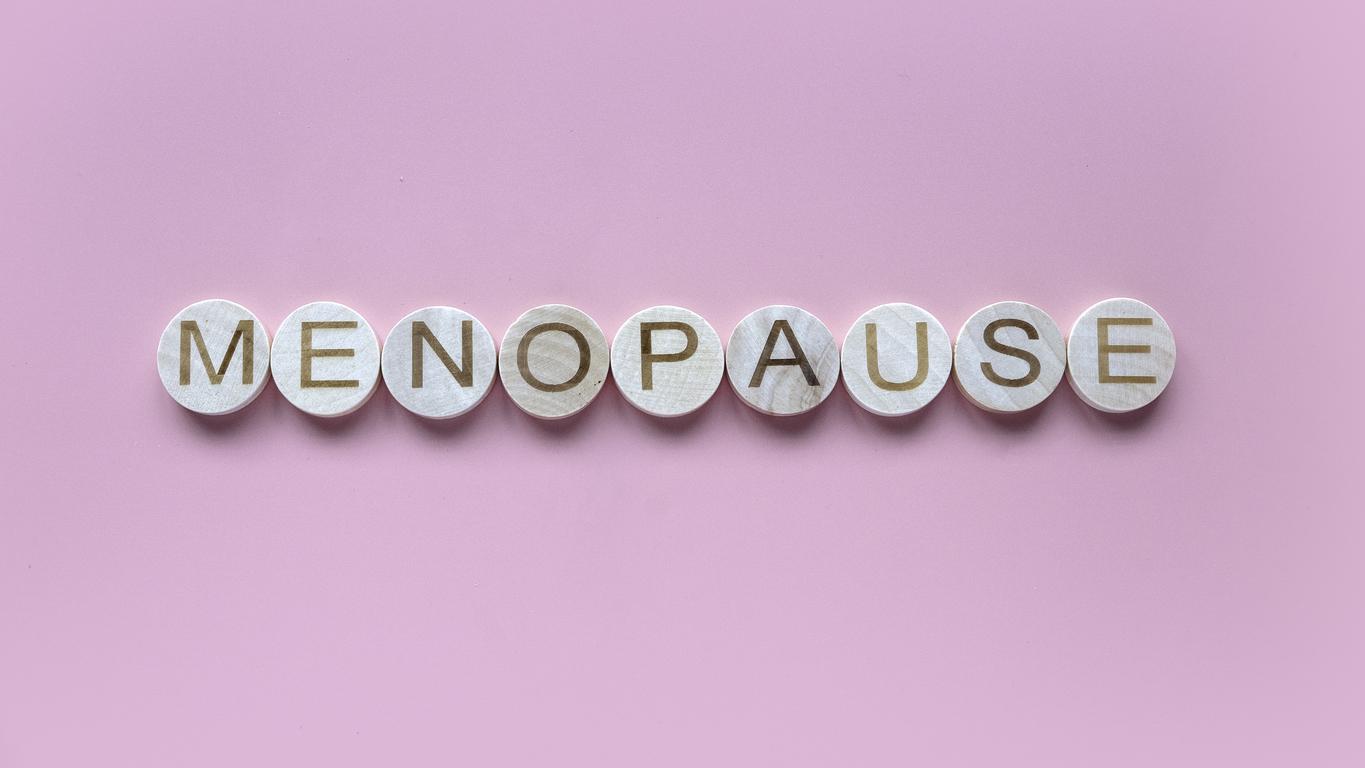
osteoporosis, dry skin and vaginal complaints
Dry skin, painful intercourse, night sweats, hot flashes and weight changes. It could all be menopausal symptoms. 5 frequently asked questions answered.
1. Are menopausal symptoms recognizable?
It’s easier for women who the pill not use it than for those who do. If you’re not on the pill: menstrual periods start to change, last longer at first and then become more irregular. Some women also suffer from hot flashes.
If you want to be sure that she is in the menopause, you can have a blood test done by your doctor. This research measures the so-called hormone level values. At the beginning of the transition, these values are different. Blood tests can therefore show that the menopause has started. The GP will only carry out this examination if there is a clear reason to do so (for example, in women who have symptoms at an extremely young age).
Those who take the pill will notice little of the menopause during the three weeks of taking. The hormones make the body think that you are still in the fertile phase of life. That is different during the pill-free week. Those who enter the menopause can experience the well-known menopausal symptoms during that week, such as hot flashes or night sweats.
2. I have pain when having sex. Am I in menopause?
An dry vagina is a transitional phenomenon. Due to the decrease in the female hormone estrogen, little or no vaginal mucus is produced. In addition, the outer cell layer of the skin becomes thinner. This makes the vagina less ‘wet’, even if you are aroused. A lubricant or vaginal gel can offer a solution. In any case, don’t force anything, because then making love will only become more painful. Your vagina is also more susceptible to infections.
Do you have a burning sensation or loss of urine; then go see your doctor. About half of all women between the ages of 50 and 75 will experience urination problems, so it’s nothing to be ashamed of.
3. My skin is drier and more sensitive
That’s right. When estrogen levels decrease, many women experience a dry and tight skin feeling. Due to the changing hormone balance, the so-called collagen gradually disappears, which plays a role in the elasticity of muscles and skin. The skin becomes thinner, the resilience decreases. The hair also becomes limp and thinner. Wrinkles get deeper. Muscles shrink and bones become more vulnerable because the calcium content decreases. You can respond to this with a lot of movement, good skin care and proper nutrition.
4. Do I run an extra risk of cardiovascular disease?
Yes, that’s a fact. Estrogens offer protection against the risk of osteoporosis and heart and vascular disease. The decrease in this hormone during the menopause is probably the reason why women run a higher risk of, for example, a heart attack or a brain haemorrhage. More than 40 percent of women over the age of 60 die from cardiovascular disease. Good nutrition, enough exercise, low stress and a good weight protect against cardiovascular diseases. Healthy living improves blood pressure, it cholesterol and the glucose level.
5. What about osteoporosis?
Osteoporosis literally means ‘porous bone’. It is a condition in which the bone slowly loses more and more bone minerals, especially calcium. As a result, the bone tissue becomes less and less strong. From the menopause, the bone breakdown in women goes faster and faster. And in this case too, prevention is better than breaking. The following are especially important: good nutrition (with sufficient calcium and vitamin D), sufficient exercise, do not smoke and consume little alcohol.













